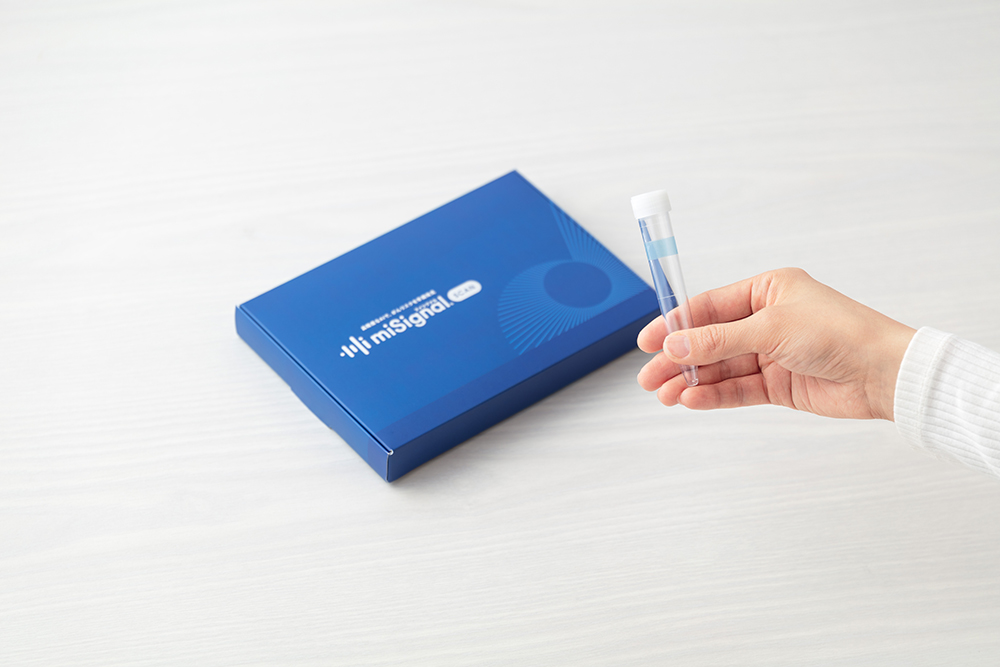Early Cancer Detection Innovator Craif Secures $22M Funding Boost
Cancer remains one of the leading causes of mortality worldwide, with millions of new cases diagnosed each year. According to the National Cancer Institute, nearly 20 million new cancer cases and 9.7 million cancer-related deaths were reported globally in 2022. Projections suggest that this number could rise to 29.9 million new cases by 2040, underscoring the urgent need for innovative solutions in early cancer detection.
Craif’s Innovative Approach to Early Cancer Detection
Founded in 2018 as a spin-off from Nagoya University in Japan, Craif is pioneering the use of microRNA (miRNA) technology to develop an AI-driven early cancer detection software. Recently, Craif successfully raised $22 million in Series C funding, aimed at expanding its reach in the U.S. market and enhancing its research and development efforts.
Funding and Growth
Ryuichi Onose, co-founder and CEO of Craif, shared with TechCrunch that the latest funding round valued the company at just under $100 million. The funding was led by existing investor X&KSK, and has brought Craif’s total funding to $57 million. Other investors include U.S.-based Unreasonable Group, which marks its first investment in a Japanese startup, as well as TAUNS Laboratories, Daiwa House Industry, and Aozora Bank Group.
The Personal Motivation Behind Craif
Onose’s passion for combating cancer is deeply personal. Both of his grandparents were diagnosed with the disease, inspiring him to co-found Craif with Takao Yasui, an associate professor at Nagoya University. Together, they developed an innovative method for early cancer detection using urinary biomarkers.
Challenges in Traditional Cancer Detection
Traditional diagnostic methods, such as blood tests, can be invasive and often deter individuals from regular screenings. Onose highlights that limited access to medical facilities further complicates the situation, making early cancer testing challenging for many.
Craif’s Non-Invasive Testing Solution
Craif addresses these challenges by offering a non-invasive urine-based test that enables early cancer detection, even at Stage 1. Onose states, “The test can be conducted from the comfort of a patient’s home and is powered by advanced microRNA analysis, making early detection more accessible and effective.”
Competitive Edge in the Market
While several startups, such as Grail, Freenome, DELFI Diagnostics, and Clearnote Health, are also focusing on early cancer detection, Craif sets itself apart by utilizing miRNA as a biomarker rather than cell-free DNA (cfDNA). Onose explains, “miRNA is proactively secreted by early cancer cells, making it particularly suitable for early cancer detection.”
Benefits of Urine-Based Testing
By employing urine samples, Craif’s method offers numerous advantages:
- Non-invasive: Urine collection is easier and less uncomfortable for patients.
- Clearer signals: Urine contains fewer impurities than blood, reducing measurement errors.
- Cost-effective: Lower testing costs compared to traditional methods.
Current Products and Future Plans
Craif’s flagship product, miSignal, detects the risk of seven different cancers, including pancreatic, colorectal, lung, stomach, esophageal, breast, and ovarian cancers. The product is currently generating revenue in Japan, distributed through various channels including clinics, pharmacies, and corporate wellness programs.
Onose mentions that Craif partners with over 1,000 medical institutions and approximately 600 pharmacies in Japan, serving around 20,000 users. The company has already reported $5 million in revenue and aims to reach $15 million by the end of this year.
Looking Ahead
Craif plans to expand its product line to include tests for more than ten different types of cancers in the upcoming year. Additionally, the startup is preparing to utilize its technology for the early detection of non-cancerous diseases, such as neurodegenerative disorders like dementia.
Expansion into the U.S. Market
With its R&D lab based in Irvine, California, Craif is gearing up to open another office in San Diego to support its business operations. The newly acquired funding will facilitate Craif’s entry into the U.S. market, with plans to complete clinical trials by the end of 2026 and seek FDA approval as early as 2027.
In collaboration with 30 medical institutions across 15 U.S. states, Craif has already begun collecting pancreatic cancer samples, marking an important step in its mission to enhance early cancer detection.







